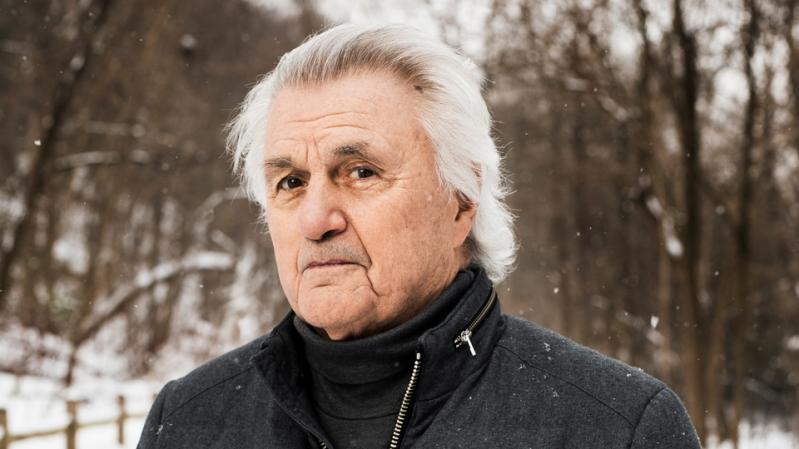I’m sorry, but this thing is towering. The sheer audacity of John Irving in thinking he should write a 889-page novel. And then actually doing it. This in a day and age of brain-shriveling, eye-straining, constant screen distractions.
I really shouldn’t say anything, as I’m only about a hundred pages in, but I will anyway. “The Last Chairlift,” Irving’s 15th and avowed last big novel. He lived here for a while, of course, in Sagaponack. I remember catching him ducking into Pierre’s in Bridgehampton one time, his gaze at once guarded, assessing, and a warning. The look of a former wrestler, you might say.
It’s true that I was drawn to his latest on the strength of “A Widow for One Year,” which was substantially, and very memorably, set in Sagaponack, but while there’s no way this one will be as cohesive, the appeal is precisely that — the size, the scope, the discursiveness, the ghosts, the shambolic family ridiculousness, the eccentricities of enough characters to populate a New Hampshire village. “World-building,” as the kids these days say.
And who tries for humor anymore?
He’s big in Europe, I’ve noticed, probably more universally acclaimed there, and it’s something Simon & Schuster has clearly embraced, judging from the jacket blurbs alone, under the heading “International Praise for John Irving.” I don’t claim to know why that is, but I’d wager it has to do with the way he swings for the fences, his desire to entertain. It’s traditional, if not old-fashioned.
He’s indebted to Charles Dickens in that way, which I learned more than 30 years ago from an unforgettable introduction he wrote to a 1980s Bantam Classics paperback edition of “Great Expectations.” And, sure enough, in “The Last Chairlift” here Irving is again, citing the same passage, in which Pip imagines a lonely nighttime death on the marshes, looking up to “see no help or pity in all the glittering multitude.”
Also of note, just after getting a save-the-date for the “Moby-Dick” marathon reading hereabouts, I came across on page 117 and 118 a funny disquisition on the often-ignored hyphen in that book’s title, versus the lack of one in the name of the whale itself in its pages. In essence, a character declaims, “That hyphen makes Mr. Moby a one-and-only white whale; that hyphen means Moby isn’t part of a family; that hyphen makes Moby a one-of-a-kind Dick. . . .” Er, “immortal,” she clarifies.
Thank you, John Irving. Only 771 more pages to go.

